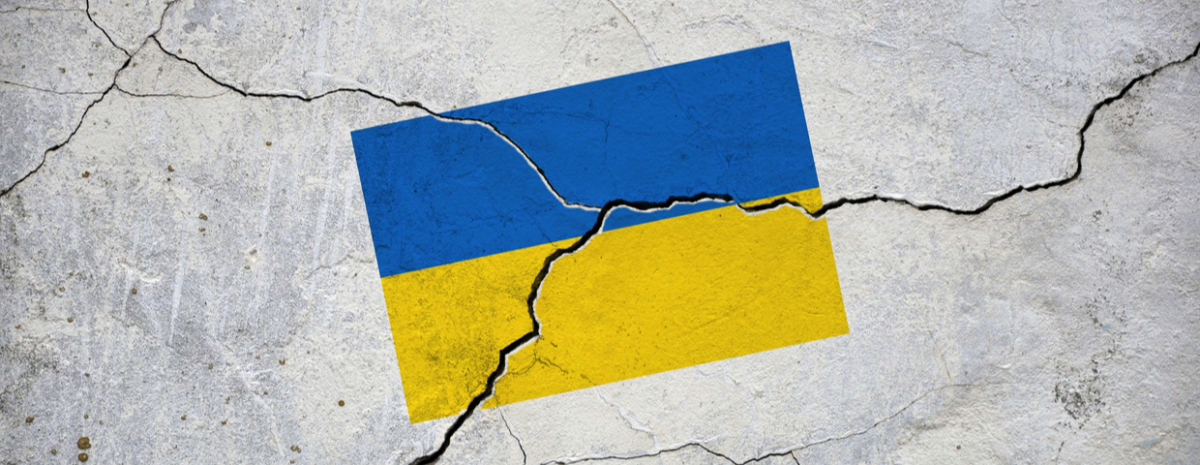Monetary policy rethink needed to control inflation, warns IEA Economist
SUGGESTED

Annabel Denham writes for The Spectator


“The further rise in UK inflation to 7 per cent in March is a textbook example of too much money chasing too few goods and services. Most explanations focus on the individual prices that are rising the most, rather than looking at this bigger picture.
“This mistake helps to explain why inflation has consistently been higher than almost everyone had expected, including the Bank of England, which has ignored the monetary drivers of inflation for many years.
“The long period of very loose monetary policy, both in the UK and elsewhere, means that inflation is likely to remain high for the rest of this year. The exact monthly profile will partly depend on swings in global energy prices and changes in the Ofgem cap on domestic bills, but inflation is now widely spread across the economy.
“The government could and probably should do more to protect the most vulnerable from the cost of living crisis, and to ease supply-side constraints in areas like housing and childcare. Nonetheless, controlling the overall level of inflation is the responsibility of the central bank, not politicians.
“The recent slowdown in UK broad money growth is encouraging and does suggest that inflation will drop back sharply next year. However, the policy of quantitative easing has created a large overhang of excess money that will take some time to unwind.
“The Bank of England therefore needs to get serious about returning interest rates to more sustainable levels and withdrawing more of the extraordinary monetary stimulus that has allowed inflation to take off.
“There is little that anyone can do to prevent inflation from rising further in coming months. But a more credible approach to monetary policy would help to get inflation back down over the medium term.”
ENDSNotes to editorsContact: Emily Carver, Head of Media, 07715 942 731IEA spokespeople are available for interview and further comment.Further IEA reading:Inflation: The next threat? by Dr Juan Castañeda and Professor Tim Congdon



